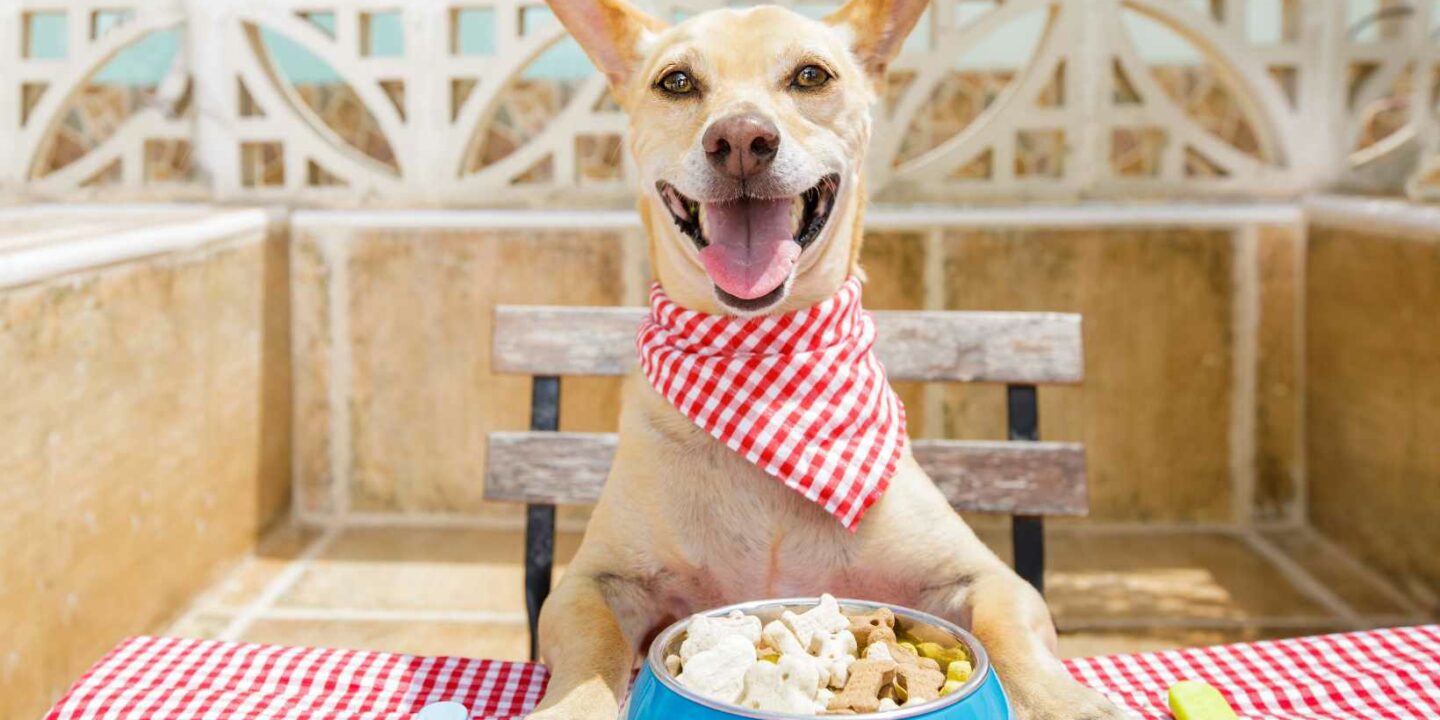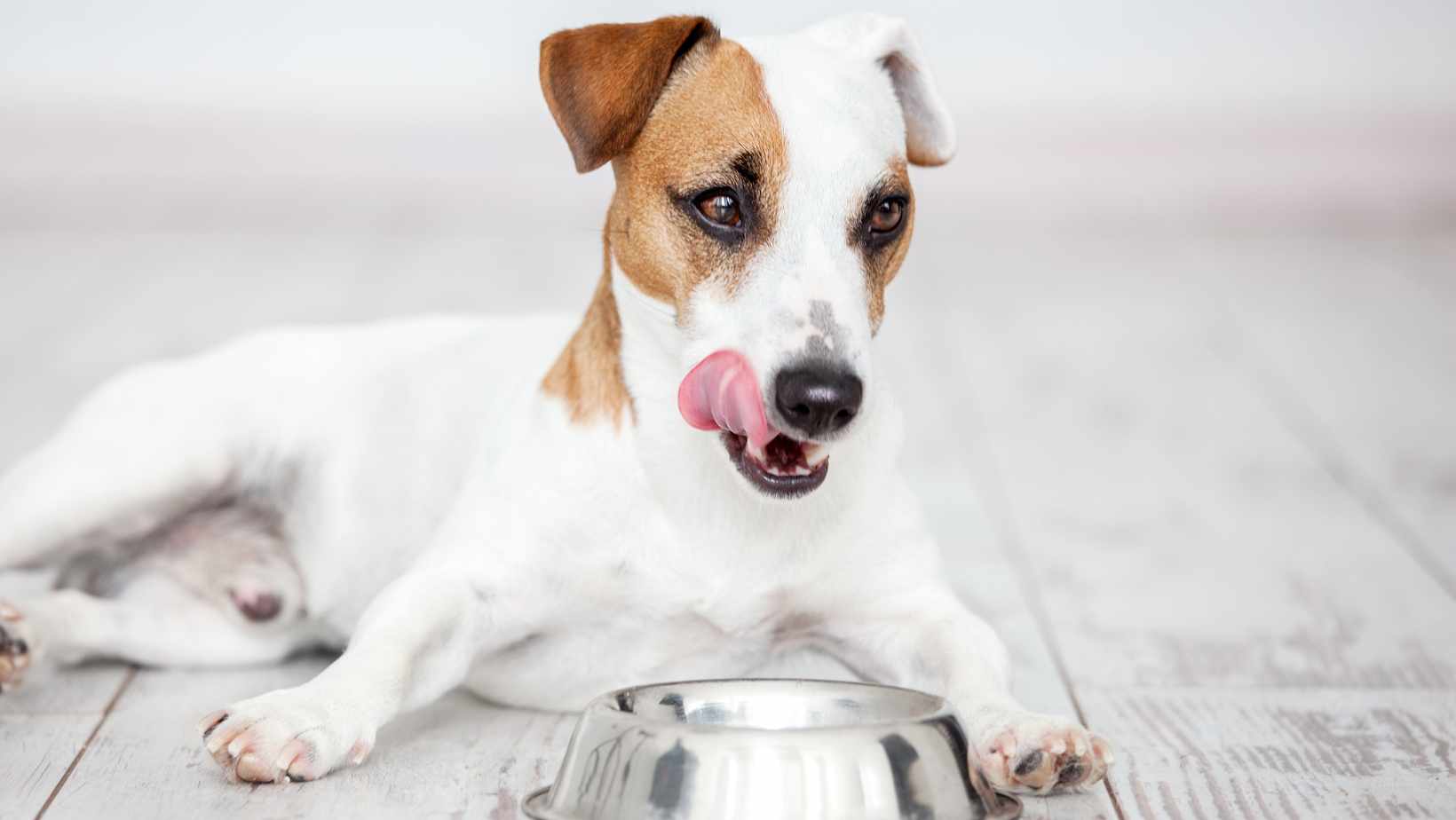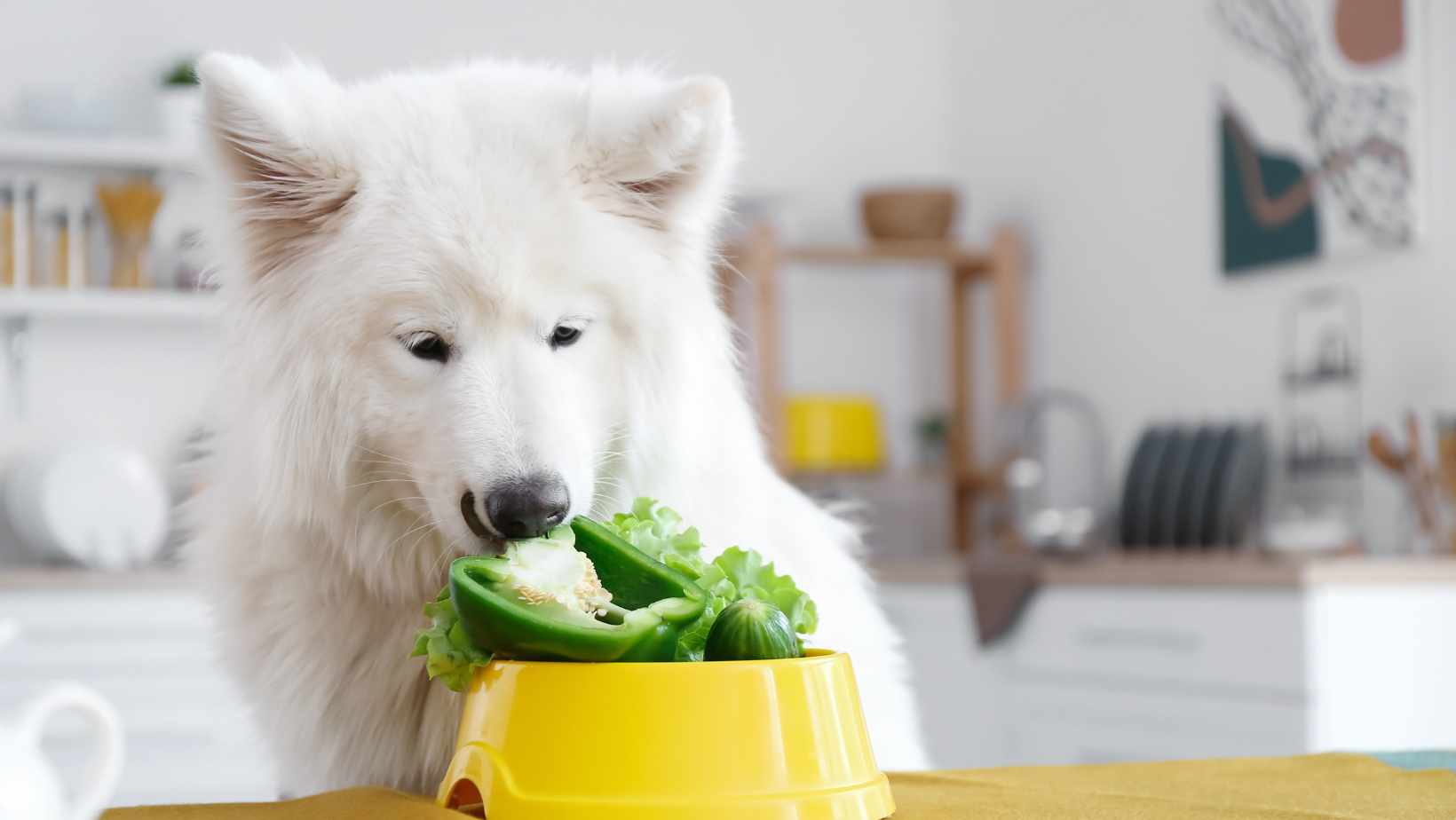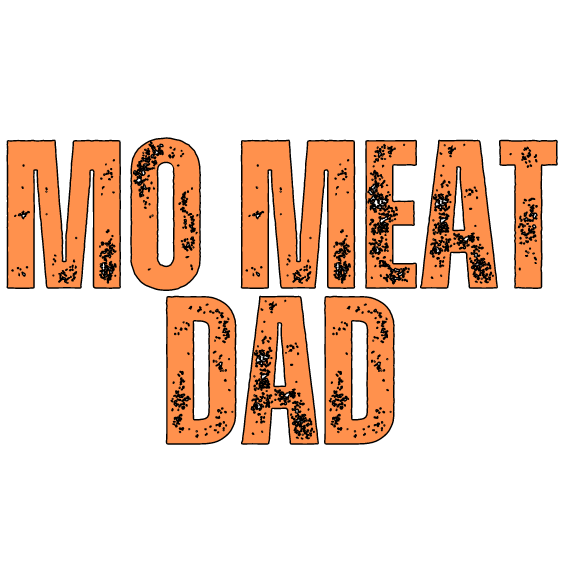
To understand the risks of giving potato salad to your furry friend, we have outlined the different subsections to provide insight into how each ingredient can be harmful and what effects and symptoms to look out for in dogs after eating potato salad. Discover the dangers of potato salad for dogs with our comprehensive breakdown of ingredients, effects, and symptoms.
Can Dogs Eat Potato Salad
It’s important to watch what your pup eats! Certain foods that are safe for us humans can be toxic to dogs. These include: chocolate, onions/garlic, grapes/raisins, xylitol (artificial sweetener) and caffeine. Ingestion of these can lead to serious health issues, even death!
When it comes to potato salad, it’s best to be safe rather than sorry. Potatoes aren’t harmful, but the other ingredients like onions, garlic and mayo could be. A woman’s heartbreaking story of her dog passing away after eating a small amount of potato salad with onions is a reminder that small amounts of potentially harmful ingredients can have huge consequences. As pet owners, we must make informed decisions about what our furry friends eat, to ensure their health and safety.
Effects of Consuming Potato Salad for Dogs
Potato salad is a popular side dish, but feeding it to your pup can have dire consequences. It’s high in fat, which can lead to obesity and pancreatitis. Plus, it may contain grapes or raisins, which can cause kidney failure. On top of that, garlic and onion can cause Heinz body anaemia.
It’s important to remember that dogs have different dietary needs than us humans. Choose treats specifically for canine consumption to keep your pup healthy. The American Kennel Club (AKC) states that even small amounts of grapes or raisins can cause severe symptoms like vomiting, diarrhoea, lethargy, loss of appetite, abdominal pain, and dehydration.
So, be careful when feeding food with grapes or raisins to your pooch. And, if they do eat potato salad, their farts will at least be festive.
Symptoms of Illness in Dogs after Eating Potato Salad
Ingesting potato salad can be hazardous for pooches. Severe symptoms may show shortly after eating it. These can last days, if not treated.
- Abdominal pain.
- Vomiting.
- Diarrhoea.
- Lethargy.
These are just the main signs. Others may appear. If they do, it’s best to see a vet quickly.
Onions, garlic, raisins, and grapes may make things worse. Eating them with potatoes can be dangerous.
Ellen wrote a heartbreaking story about her dog last year. She shared it on social media. Her pup became ill after eating just a tiny amount of potato salad. She warned other pet owners to not share human food.
Save your pup from potato salad danger. Find safer snacks they’ll love.
Alternatives to Potato Salad for Dogs
To provide safer food options for your furry friend, consider alternatives to potato salad. Instead of risking your dog’s health, try safe and healthy foods for dogs or recipes for homemade dog-friendly meals. These subsections offer solutions for satisfying your pup’s appetite without the dangers of certain human foods.
Safe and Healthy Foods for Dogs
As dog owners, it is important to feed them safe and nutritious meals. Some human foods, like potato salad, can be toxic. But there are plenty of safe and healthy options.
- Lean Meat
- Fruits – Apples, Bananas, Watermelon
- Veggies – Carrots, Broccoli, Green Beans
- Whole Grains – Brown Rice or Oatmeal
- Eggs
- Dairy Products – Plain Yogurt or Cheese (in moderation)
However, there are also some human foods which dogs should avoid. These include: Chocolate, Caffeine, Alcohol, Garlic & Onions.
Nutrition is important for their health, but providing variety in their diet can be fun too. Besides traditional pet food, alternate options can add flavour.
Humans and animals have a special bond. Hachiko from Japan is a prime example. After his human died suddenly, Hachiko waited at the same spot for 11 years, expecting his return.
Make your pup happy with these easy and delicious homemade recipes for dog-friendly meals.
Recipes for Homemade Dog-Friendly Meals
Pet owners want to give the best food to their furry pals. Here, we will discuss different recipes that are tasty, nutritious, and easy to make. They are not the usual potato salads. Below is a table with three recipes. They have been tried and praised by pet owners.
| Recipes for Dog-Friendly Meals | INGREDIENTS | HOW TO PREPARE |
| Chicken & Rice Bowl | Bone-in chicken breasts, brown rice, green beans, sweet potatoes | Bake chicken. Cook rice in broth. Boil green beans and sweet potatoes. Mix them. |
| Beef & Vegetable Stew | Lean ground beef (or turkey), chopped carrots, green beans, peas | Brown meat. Add veggies. Simmer until soft. |
| Pumpkin & Peanut Butter Biscuits | Canned pumpkin puree, peanut butter, egg whites, whole wheat flour | Mix ingredients. Bake at 350F for 20 mins. |

These meals are better than fatty and caloric potato salads. They provide essential nutrients and vitamins which support a balanced diet for dogs. Research in the Journal of Animal Science shows homemade diets are healthier than commercially-prepared ones. So, feed your pup these recipes for better health. Beware of dog food poisoners. Keep the plate of spaghetti bolognese with you!
Precautions for Feeding Dogs Human Foods
To ensure your furry companion’s health when feeding them human foods, follow precautions in feeding dogs, starting with the importance of moderation. In order to introduce new foods to dogs, use specific techniques. Perhaps, the best solution is consulting with a veterinarian before feeding dogs human foods to mitigate the risks of health issues.
Importance of Moderation in Feeding Dogs
When it comes to feeding dogs, moderation is key for their well-being. A balanced diet with all the necessary nutrients is important. But, overfeeding can lead to health issues such as obesity and digestive problems. Therefore, keep track of the food quantity and frequency.
Be mindful of the type of food too. Human foods like chocolate, grapes and onions can be toxic to dogs. These can cause serious health complications. Some human foods can be healthy in small portions. Be careful when introducing new foods into their diet.
When feeding your dog with human foods, be careful. Foods high in salt and sugar should be avoided. These can cause dehydration or diabetes over time. Instead, opt for healthy snacks and treats specifically for canines.
Teach your dog to associate new foods with treats. Just like training them to associate vet visits with betrayal.
Techniques for Introducing New Foods to Dogs
When changing your dog’s diet, be aware and introduce new foods carefully. Here are some tips:
- Mix small amounts of the new food with their current food over a week.
- Observe their reactions, such as appetite or digestion.
- For completely different food, like raw or homemade, consult a vet first.
Stick with quality proteins, non-toxic fruits and veggies. If concerned, contact your vet.
Dr. Rania Gollakner from Animal Wellness Magazine says “Allergy is an abnormal reaction from your dog’s immune system when they eat certain proteins.” Monitor your dog for allergies.
Playing Russian Roulette with their digestive system by not consulting a vet before feeding human food.
Consulting with a Veterinarian before Feeding Dogs Human Foods
Before feeding your pup human food, it’s vital to speak with a vet. They have specialised knowledge and can give personalised advice based on your puppy’s breed, age, size, and health. This helps you pick the right food for their specific nutrient needs.
Not all human food is safe for dogs. Things like chocolate, onions, grapes, raisins, and avocados can be toxic. Maybe your pup has allergies or dietary restrictions. So consulting a vet is a must!
A balanced diet plan is key to provide essential nutrition and promote overall well-being. Failing to do this can lead to malnutrition and make existing health issues worse.
Consulting a vet before feeding your pup human food helps minimise risks. Ignoring these precautions could harm your pup’s health in the long run.
Don’t risk it! Contact a vet today to keep your four-legged friend safe!
